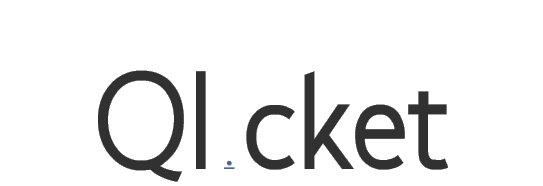November 18, 2020
As COVID-19 case counts rise, Americans are preparing for a return to the hospitalizations and economic lockdowns that defined March and April of 2020. Healthcare workers will be especially affected as they pick up a burden they hoped that they would never have to shoulder again. Employers would do well to provide frontline medical professionals with a voice as they intensify their battle for patients’ lives.
Stressors
According to ComPsych—an employee assistance program firm—healthcare employees utilize their phone hotlines to report stress and anxiety more than any other type of employee. Working from ComPsych’s findings, Carrington College’s medical blog discussed the top stressors facing healthcare professionals.
1) Heavy patient loads. Overextension can become a rampant problem when healthcare workers “have to take on more patients than they would in an ideal situation.”
A 2017 study from the University of British Columbia confirms this reality. Researchers found that “job-level nurse perceptions of heavy workloads and task-level interruptions adversely influence patient and nurse outcomes.” In response, “administrators should work collaboratively with nurses to identify work environment strategies that ameliorate workload demands at different levels.”
Hospitals full of COVID-19 patients render heavy patient loads unavoidable, resulting in poor mental health among frontline healthcare employees.
2) High expectations. As Dr. John Touros wrote for Psychology Today in June, “even the most resilient physicians fear falling short of the lofty expectations set forth by society and the medical profession itself.”
As the COVID-19 pandemic continued, Americans quickly adopted the vernacular of counting nurses and other frontline medical professionals as “heroes.” In April, Senate Minority Leader Chuck Schumer even proposed a $25,000 “heroes” stipend for healthcare and service workers. Without a doubt, medical professionals will once again face high expectations as their workloads intensify.
3) Poor work-life balance. Carrington College describes the encroachment of one’s profession into one’s personal life as “getting attacked from all sides.”
Even as the wall between work and home collapsed for Americans pressed into working from home, the distinction between work and home has blurred for nurses—though in a far more negative way. In March, many nurses opted to stay away from home in order to shield their families from the virus. A second wave of infections may cause many healthcare workers to once again bear the double burden of helping their patients and protecting their families.
Solutions
In the face of heavy patient loads, high expectations, and work-life imbalance—problems that previously existed in the healthcare industry but have worsened due to the pandemic—how can employers step up to aid healthcare professionals? Constant listening is an excellent place to begin.
Employers ought to foster a culture in which professionals are quick to ask questions and voice criticism. The Society for Human Resource Management reports that most North American workers consider “leaders making decisions without seeking input” as the most pervasive problem in their workplaces.
For healthcare executives, making crucial decisions in light of COVID-19 is now a daily discipline. However, leaving frontline professionals without a voice—especially as they bear society’s heaviest COVID-induced burdens—may have tangible effects on America’s response to the disease.
Learn how Qlicket can help you continuously listen to your medical professionals through our innovative, easy-to-use kiosk platform.


